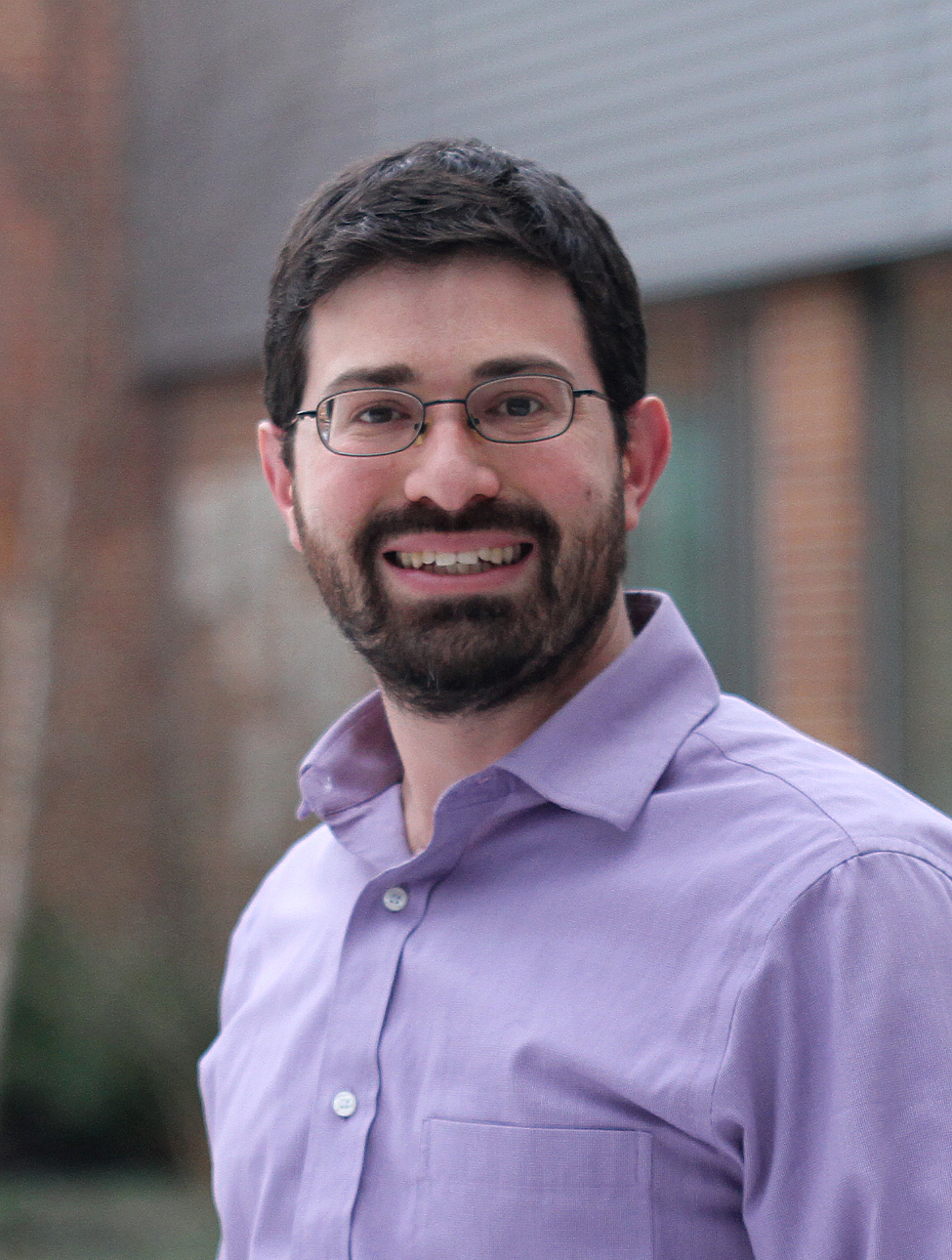Date: Wednesday, March 1, 2023
Time: 9:30-10:30AM
Location: Health Science Technology Building (HST), Forum Room 101
This event features Jeffrey Halpern who will talk about "Polymer-Modified Surfaces towards Reusable Impedimetric Biosensors", as part of the Lehigh University Chemical and Biomolecular Engineering's Spring 2023 Colloquium Seminar Series.
Abstract
The SEEDS (Surface Enhanced Electrochemical Diagnostic Sensors) laboratory is developing new sensor platforms for a range of applications including disease diagnosis and process analysis. Electrochemical biosensors are typically limited in selectivity or sensitivity due to inadequate surface interactions between the analyte and sensor. Surface modifications have the ability to recruit biomolecules to the surface increasing sensitivity; however, stability, reproducibility, and reusability often remain a concern. Our lab monitors surface interactions with Electrochemical Impedance Spectroscopy (EIS), a highly sensitive electrochemical technique used to passively monitor surface changes and interactions, focusing on improving the stability, reproducibility, and reusability of sensors.
One paradigm that will be presented is a reusable cyclodextrin-mediated sensor surface to detect hydrophobic molecules. Gold or carbon electrode surfaces can be modified with polyethylene glycol (PEG) or polypropylene glycol (PPG). In the example of PPG, the surface PPG is complexed with β-cyclodextrin (BCD), and the total capacitance, which was proportional to the release of BCD, can monitor BCD:analyte solution interactions. Carbon surfaces also showed longer stability and reusability; up to 10 measurements were performed from the same surface. The data supports a long-term reusable cyclodextrin-based sensor platform for multiple analytes including resveratrol and cortisol. Presented will be various impedimetric analysis tools and the ability to start to distinguish multiple sample sets. While not fully developed, another paradigm that will be presented is using Elastin-Like Polymers as a surface-bound stimuli sensor. We will report our progress towards using this surface, reproducible modification protocols, and the electrochemical response of the stimulus behavior.
Finally, we will briefly discuss future directions of the SEEDS lab in an effort to recruit students and discover new collaborations. New directions can include different uses of the above paradigms, and educational research ideas towards bettering neurodiverse undergraduate mentoring practices and K-12 education.
This work is funded by NSF EPSCoR (2119237), NSF EPSCoR (1757371), and NIH INBRE (P20GM103506).
About the Speaker
Prof. Jeffrey M. Halpern (he/him) earned his PhD in Chemical Engineering in 2010 at Case Western Reserve University in Chemical Engineering. Halpern pursued a first postdoc (2011-2012) funded through an NIH NRSA fellowship at Case Western Reserve University in Biomedical Engineering and a second postdoc through Fulbright and Lady Davis Fellowships (2013-2014) in Israel at the Technion in the Department of Chemical Engineering. He joined the Department of Chemical Engineering at the University of New Hampshire. Halpern prides himself on his student mentoring; he has mentored a wide diversity of students including over 25 undergraduates and summer interns, 9 graduate students, and 2 post doctorates. As part of these efforts, he was recently awarded the Educator’s Award from LEAP for Education in 2019 and the Herb Epstein award for Technical Programing from AICHE in 2022. Recently, Halpern leads an EPSCoR Track II team towards designing in-line protein sensors in biomanufacturing settings across NH, AL, ME, and WY (#2119237).
Department/Program:

